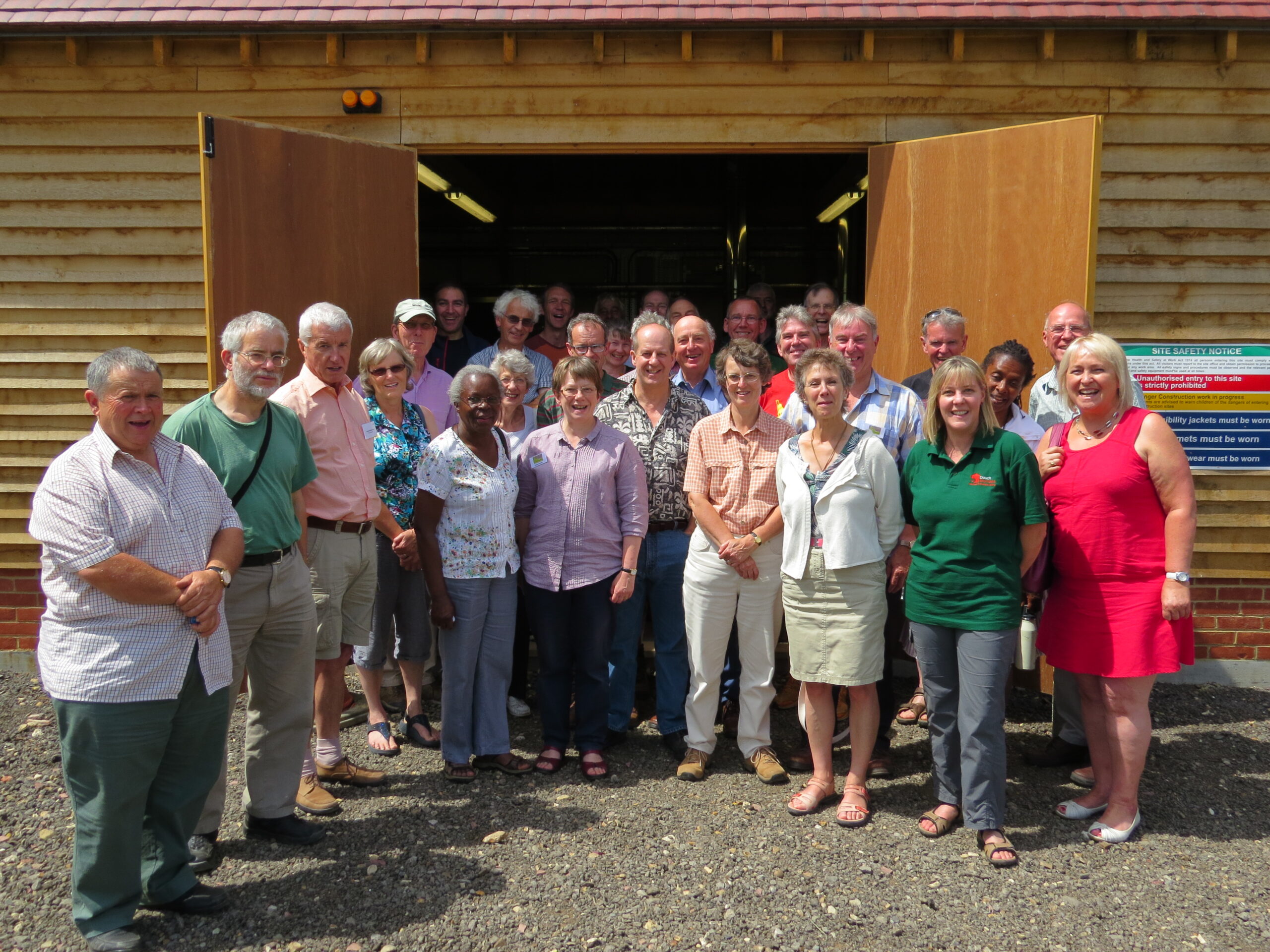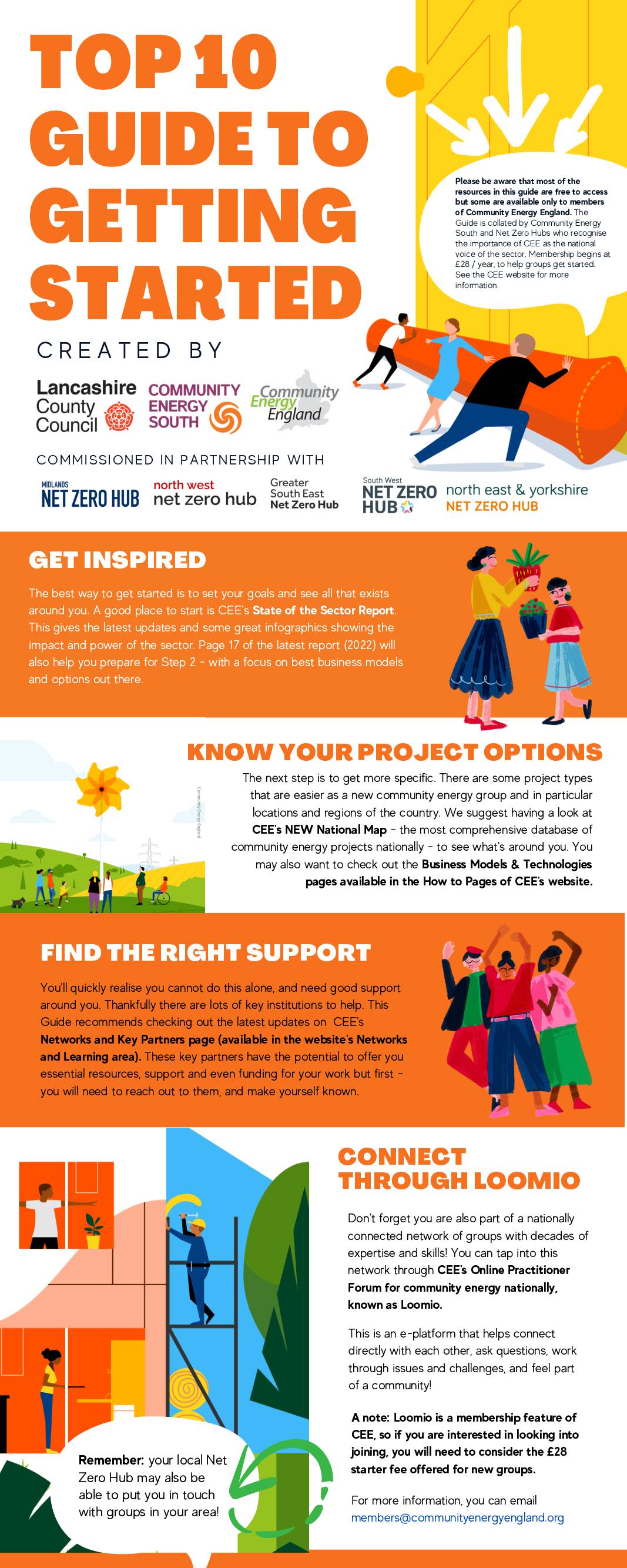
How-to Guide
Getting started with community energy
Across the country more groups, communities, and institutions are getting excited about community energy, and if you’re here on this page reading this, chances are you are too.
-
What does success look like?
A good place to start is to decide what sort of projects you’d like to focus on and your motivations. Do you want to generate clean electricity, or to give people advice about how to insulate their homes? Are you more interested in reducing energy bills, improving people’s health, or reducing carbon emissions? Think through what you’re trying to achieve and see if other groups already exist. Chances are there’s already a project out there that fits the bill, and you can add your energy to it. If not, be clear about what you want to achieve as you start making plans.
-
Connect with others
Browsing our members and projects map, reviewing case studies, and watching videos about other successful projects will help you learn from others and connect with partners who might share your vision. By joining Community Energy England you can also join our introductory members calls and join our online member discussion forums.
-
Use all available support
There are also an increasing number of capacity building and support programmes for new groups, including regional community energy support networks, peer mentoring schemes via the Energy Learning Network, pre-application advice and support via Community Energy GO, as well as county focused support offered by Community Energy Pathways.
-
Expand your plans using our how-to guides
We recommend all new and emerging groups use CEE’s other how-to guides. These pages are designed to help you:
- Decide what project you want to do
- Help you register your organisation- if you need to become one
- Find funding and investment – including share offers
- Design and plan your project
- Considering wider ethical issues
- Help connect you with key national, regional and local resources
-
Do your research
The Getting Started Guide, created by Community Energy Pathways, Community Energy England and commissioned by Lancashire County Council and The Net Zero Hubs, will give you the overview of national resources and links.

